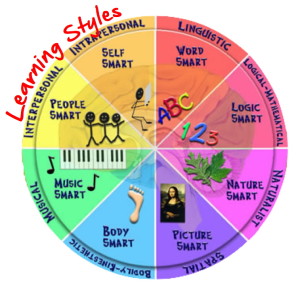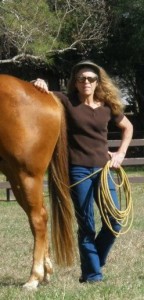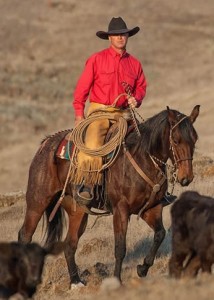 When I was a kid, there was no such thing as ‘learning disabilities” or “learning styles.”
When I was a kid, there was no such thing as ‘learning disabilities” or “learning styles.”
You learned or you didn’t.
I wasn’t diagnosed with dyslexia until teetering on the verge of not graduating from college. Up until then, I just assumed I wasn’t as smart as everyone else.
Thankfully, now there are more ways than ever to learn – visual, kinetic, logical, social, etc. If you struggle with one method, chances are you can acquire the same knowledge with less anguish and frustration from a different source.
The same options are becoming more and more available to riders and horse owners. There are DVDs, seminars, books, lessons, clinics, and apprenticeships.
What’s your ideal arrangement?
Mine is slow, easy, and physical. Forget about watching a video or participating in an intense arena session. I learn best in bits and pieces, on the trail with better riders, day after day, in a casual setting, with time to think about my actions, contemplate my horse’s reaction, and make improvements with supervision.
 If I had to chose from the above options, I’d go with an apprenticeship.
If I had to chose from the above options, I’d go with an apprenticeship.
Leslie Desmond is setting up a novel program in Sweden, Spain, Norway, Texas, Oregon, and California. Students sign up for a two-year apprentice program involving four, three-week sessions. No sessions have more than four students. Learning possibilities vary according to students’ abilities and interests, with plenty of time in between the sessions to dwell on things. Read more about Desmond apprenticeships here.
Martin Black offers the Bruneau Ranch School. Students live, work and learn at his Idaho ranch for a month. “There will be no set curriculum; we will simply take advantage of what opportunities arise,” said Black. Read more.
